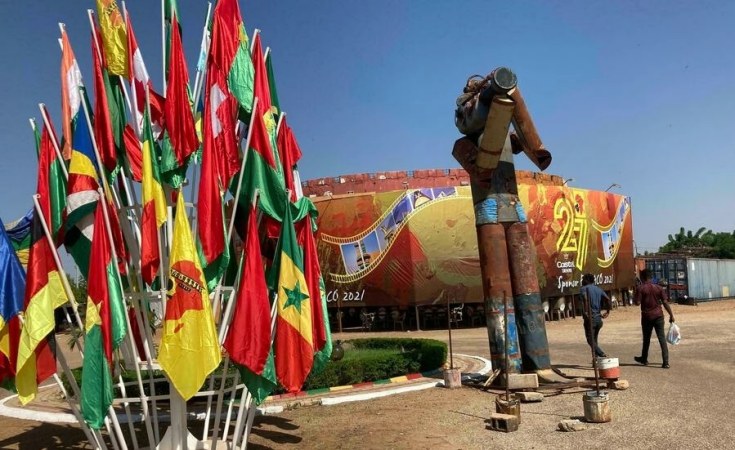Idris Elba’s Film Studio in Zanzibar: A Game Changer for the Swahili Film Industry
3 min read

The announcement of Idris Elba’s plan to establish a film studio in Zanzibar has sent waves of excitement across the African continent, particularly in East Africa. This initiative is poised to be a significant catalyst for the growth of the Swahili film industry, offering unprecedented opportunities for local filmmakers and the region’s cultural expression.
Swahili cinema, rich in cultural narratives and storytelling, has historically struggled to gain the global recognition it deserves. The establishment of a film studio by a globally renowned actor and filmmaker like Idris Elba could change this trajectory. With Elba’s connections and industry expertise, the studio is likely to attract international attention, placing Swahili films on the global stage. This could lead to more Swahili-language films being showcased at international film festivals, garnering awards, and finding distribution channels worldwide.
The creation of a film studio in Zanzibar is not just a cultural boon but also an economic one. The studio is expected to generate numerous job opportunities, from production crews to actors and writers, thereby fostering local talent. Additionally, it could attract filmmakers from around the world, leading to increased tourism and investment in the region. This influx of activity would stimulate the local economy, providing a steady income stream for those involved in the industry and associated sectors like hospitality and transportation.
One of the most significant impacts of Elba’s studio would be on local talent development. The presence of a world-class film studio in Zanzibar would provide aspiring filmmakers, actors, and writers with access to state-of-the-art facilities and professional mentorship. This exposure is crucial for honing their skills and creating high-quality content that can compete internationally. Moreover, the studio could become a hub for collaborations between African and international filmmakers, leading to richer, more diverse narratives in Swahili cinema.
Zanzibar, a cultural melting pot with a rich history, is the perfect location for a studio focused on Swahili cinema. The films produced here would not only entertain but also serve as a vehicle for promoting Swahili culture and language. This is particularly important as Swahili is one of Africa’s most widely spoken languages, with over 200 million speakers across the continent. By producing films in Swahili and showcasing them globally, the studio would help preserve and spread the language, while also telling stories that resonate with both local and international audiences.
Elba’s film studio could also serve as a bridge for regional collaboration in East Africa. It could bring together filmmakers from Tanzania, Kenya, Uganda, and beyond, fostering a spirit of cooperation that could lead to a more cohesive and robust East African film industry. This collaboration could result in co-productions that highlight the region’s shared history and diverse cultures, further strengthening the Swahili film industry’s position on the global stage.

Idris Elba’s venture into Zanzibar is not just a business move; it represents a long-term vision for African cinema. By establishing a major film studio in East Africa, Elba is helping to build a sustainable infrastructure for the future of African filmmaking. This initiative aligns with a broader movement across the continent to create content that reflects African realities and resonates with global audiences.
In conclusion, Idris Elba’s film studio in Zanzibar is poised to be a transformative force for the Swahili film industry. It promises to elevate the industry to new heights, providing a platform for local stories to be told, talents to be nurtured, and Swahili culture to be celebrated on a global scale. As the studio takes shape, it is likely to become a beacon of African cinema, drawing the world’s eyes to the rich storytelling tradition of the Swahili-speaking world.